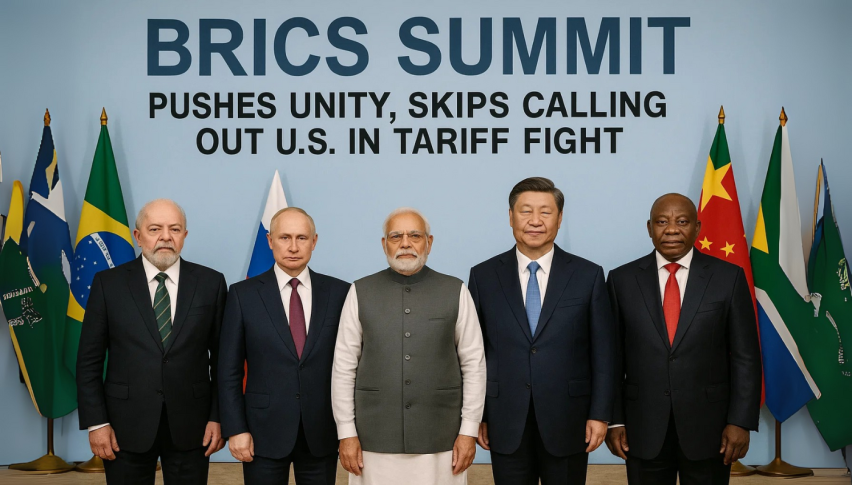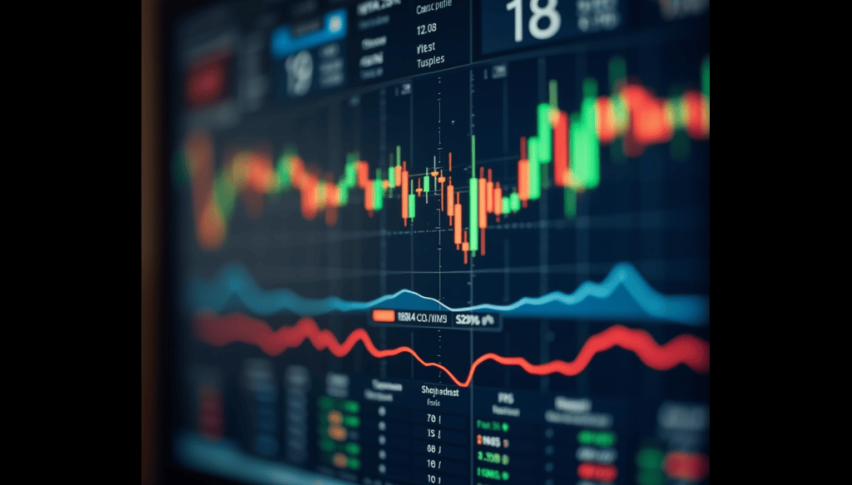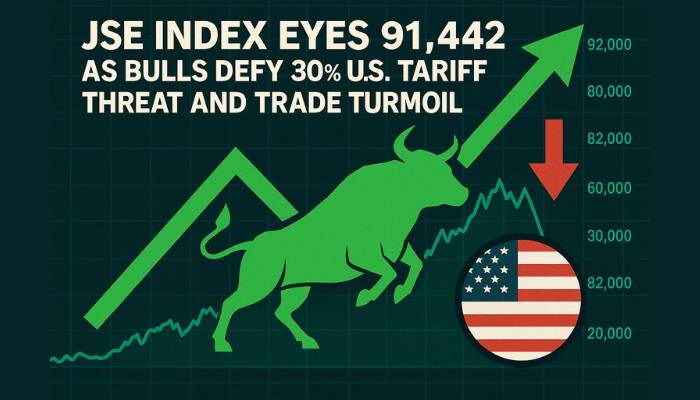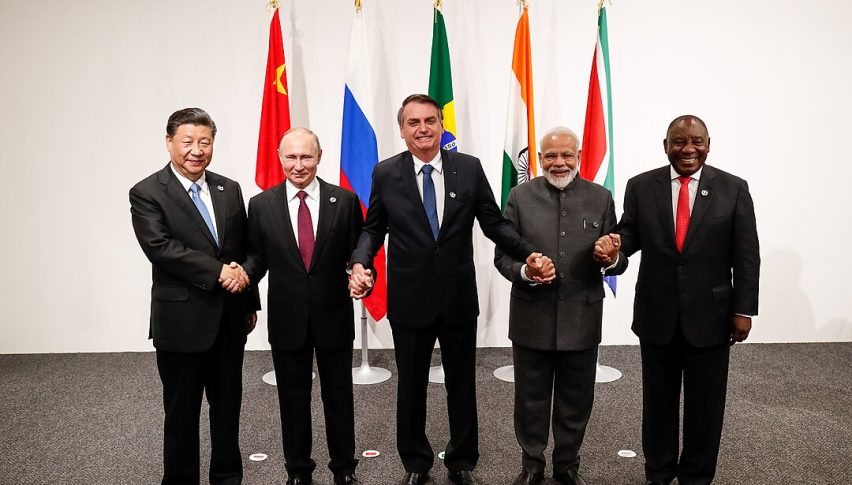BRICS Summit Pushes Unity, Skips Calling Out U.S. in Tariff Fight
Yesterday’s BRICS virtual summit was convened by Brazilian President Luiz Inácio Lula da Silva with the bloc reiterating...

Quick overview
- The BRICS virtual summit emphasized commitment to multilateralism and fair trade, led by Brazilian President Lula.
- Leaders expressed concerns over hegemonism and unilateralism affecting global trade without directly naming the US.
- Lula criticized tariffs as 'tariff blackmail,' highlighting the unjust trade restrictions faced by BRICS nations.
- The summit aimed to strengthen collective economic power while avoiding direct confrontation with the US.
Yesterday’s BRICS virtual summit was convened by Brazilian President Luiz Inácio Lula da Silva with the bloc reiterating its commitment to multilateralism and fair trade rules. Leaders – Lula, Putin, Xi Jinping and Cyril Ramaphosa – didn’t directly blame the US for the ongoing trade disputes despite the underlying tensions in global trade.
China’s President Xi spoke of the growing challenges: hegemonism, unilateralism and protectionism are disrupting the global economy and undermining trade agreements. Xi’s comments hinted at frustration over countries using trade policy to get unfair advantages without naming Washington.
Meanwhile Lula condemned the use of tariffs as a tool. He described “tariff blackmail” as a way to interfere in domestic markets and said BRICS countries have been victims of unjustified trade restrictions.
It is disappointing to see Modiji not attend the virtual BRICS summit. Perhaps he did not want another visual/frame in which the all the BRICS leaders are present. Sometimes, too much of hedging and too much of sophistry in the name of strategic autonomy can mean you are slimy.
— Sarma Rani (@rani_sarma91673) September 9, 2025
Indirect Criticism of US Trade Policy
US was not mentioned but several statements clearly referred to the impact of unilateral trade actions:
- China: Aggressive trade measures destabilize international markets
- Lula: BRICS countries are suffering from illegal trade practices
- India (via Modi): Barriers and trade linkages to non-trade matters harm global trade
Brazil and India are the most affected with 50% tariffs on their exports under US policies, a legacy of previous unilateral measures. Observers say the summit’s cautious tone is a deliberate choice not to escalate the tensions further.
#BRICS
The BRICS summit, convened by Brazil, has begun media reports is reported that has already joined the summit. The parties will discuss Trump's trade policy today, including the introduction of tariffs by Washington. Meanwhile, the EU's special representative for sanctions… pic.twitter.com/MYnPKDJP89— Nenad Vasiljevic🇷🇸 (@Epsa_Media) September 9, 2025
Strategic Implications for Global Trade
The summit shows BRICS is trying to strengthen its collective economic power without provoking a direct confrontation with the US. The bloc is defending the multilateral trading system and advocating for international cooperation to mitigate economic uncertainty.
Experts see this as a balance between protecting national trade interests and engaging with the major global economies. With Washington threatening tariffs of up to 150% on BRICS exports, the virtual summit highlights the tightrope BRICS countries have to walk – multilateral cooperation and responding to protectionism.
The message is clear: BRICS wants to strengthen global trade rules, protect its members from market manipulation and maintain economic stability in the face of rising geopolitical tensions.
- Check out our free forex signals
- Follow the top economic events on FX Leaders economic calendar
- Trade better, discover more Forex Trading Strategies
- Open a FREE Trading Account


